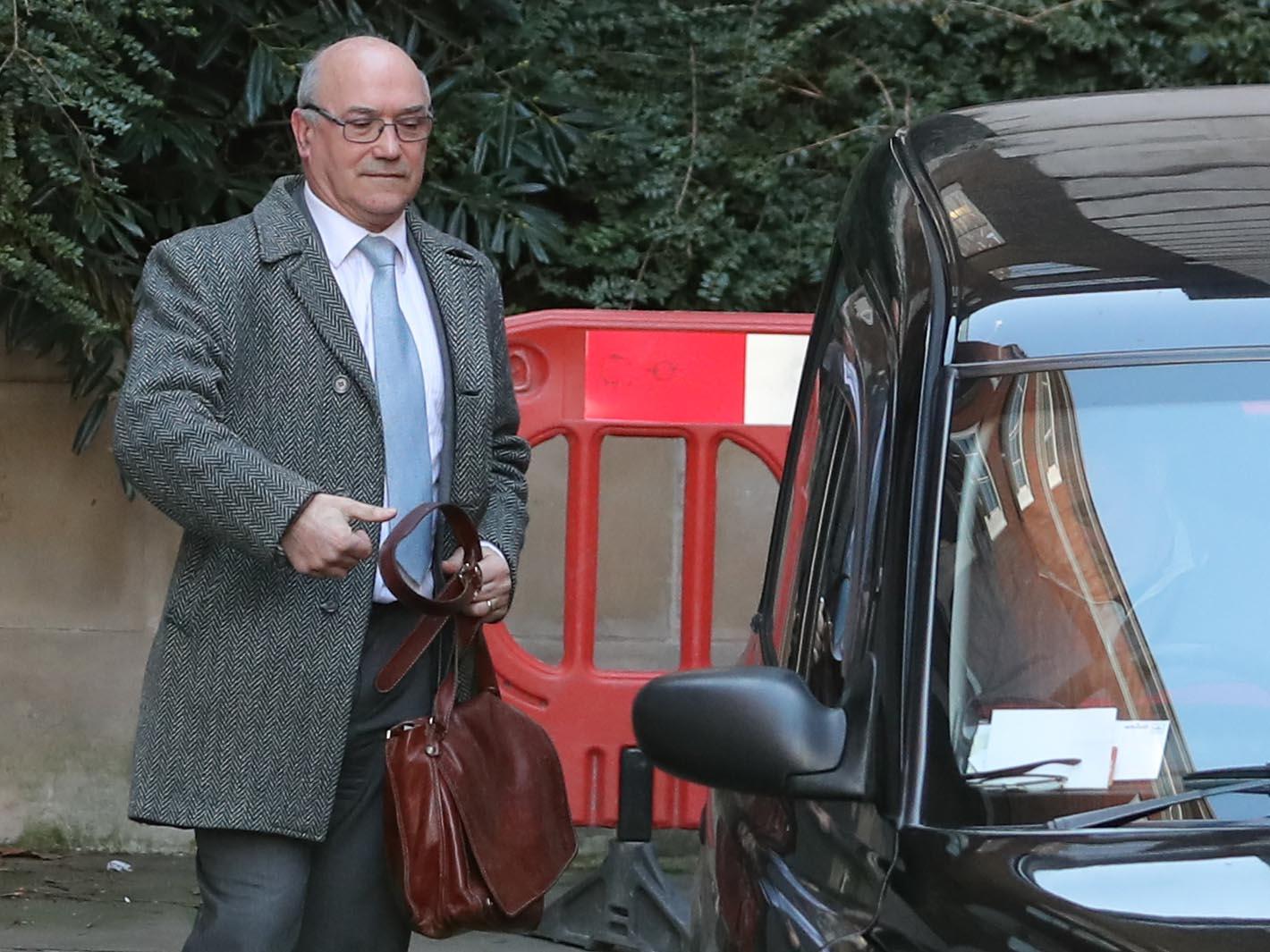It's easy for powerful men at the heads of charities to say sorry for sexual abuse. Sorry isn't what we need
I now find I have more respect for Michael Fallon, who resigned as Defence Secretary after I reported him to Downing Street for his conduct towards me


The story of Lesley Agams goes to the heart of the sexual harassment scandal engulfing the aid sector – and to the heart of the entire #MeToo movement itself. Agams, Oxfam’s country director in Nigeria, accused a senior manager of sexually assaulting her. Three months after the alleged assault, that same manager sacked her.
Instead of allowing an independent inquiry into Agams’ case, Mark Goldring, the chief executive of Oxfam, conducted a personal review. He apologised to Agams for her experience, and yet nothing changed.
The stories spilling out of Oxfam and other charities like Save the Children – just like the stories we’ve heard through #MeToo – are littered with vacuous apologies like this. Apologies for past behaviour, or for a failure of accountability, that make no material difference to the women – and it is mainly women in the aid scandal – involved and barely impinge on the career of the man in question.
The word “sorry” trips off the keyboard into the tweet, the handwringing statement issued through press officers and lawyers, or into the pages of a newspaper in a catastrophically advised interview in which parallels are drawn with murdering babies in cots. Yet these apologies are rarely followed by change or accountability. Elton John was wrong: sorry is not the hardest word, but the easiest. It really is a case of #sorrynotsorry.
Goldring – who issued a grovelling apology for his “murdering babies in cots” comments to The Guardian when he appeared in front of the International Development Select Committee this week – remains in his job, despite overseeing the sprawling Oxfam scandal, as well as being subject to an inquiry into his own conduct regarding Agams.

Another senior aid figure, Justin Forsyth, apologised to three women who complained about harassment when he was chief executive of Save the Children. Yet since standing down from that role in 2016 after the allegations were made, Forsyth’s career in the aid sector has flourished: he is now deputy chief executive of Unicef in New York.
Brendan Cox, who has my ongoing sympathy for the unimaginable horror of the murder of his wife, has apologised for “mistakes” made involving women while at Save the Children but denies more serious allegations of sexual assault. Cox was right to resign from the charities set up in his wife’s name, but if his apologies are to mean anything he needs to step back from public life for the time being.
And these so-called periods of reflection must last longer than six to eight weeks, as if treated like an extended backpacking tour of South-east Asia or some sort of harassment sabbatical. Damian Green re-emerged from his gap two-months this week to issue the emptiest of apologies to Kate Maltby, whose account of alleged harassment by him was ruled “plausible” by the Cabinet Office inquiry into his conduct. Green told the Today programme he was sorry “if” she had felt uncomfortable yet then went on to say he believed he had done nothing inappropriate or wrong, rendering his apology utterly meaningless. Green’s “period of reflection”, after resigning as First Secretary of State, lasted eight weeks, barely longer than the inquiry took to examine his conduct. The ex-minister made clear he was now “moving onto other projects”, as if harassment allegations are merely part of a wider portfolio career.
I now find I have more respect for Michael Fallon, who resigned as Defence Secretary after I reported him to Downing Street for his conduct towards me. Fallon has never apologised to me personally but he does seem to be truly contrite at his behaviour, resigning swiftly and keeping a low profile.
If our revulsion at the aid scandal and the wider #MeToo movement is to have any effect, change has to happen. It was shocking to hear Goldring tell the select committee that 7,000 people had stopped their donations to Oxfam, but shock is what is needed, or else nothing will ever change.
Agams and the other unnamed women who have suffered harassment and assault in the aid sector, from the grassroots to the very top, need justice. And the men in all of these stories should know this: to be truly sorry for your actions, conduct and failures, you need to prove it by what you do next, not by simply uttering the easiest of words: sorry.
Join our commenting forum
Join thought-provoking conversations, follow other Independent readers and see their replies
Comments
Bookmark popover
Removed from bookmarks